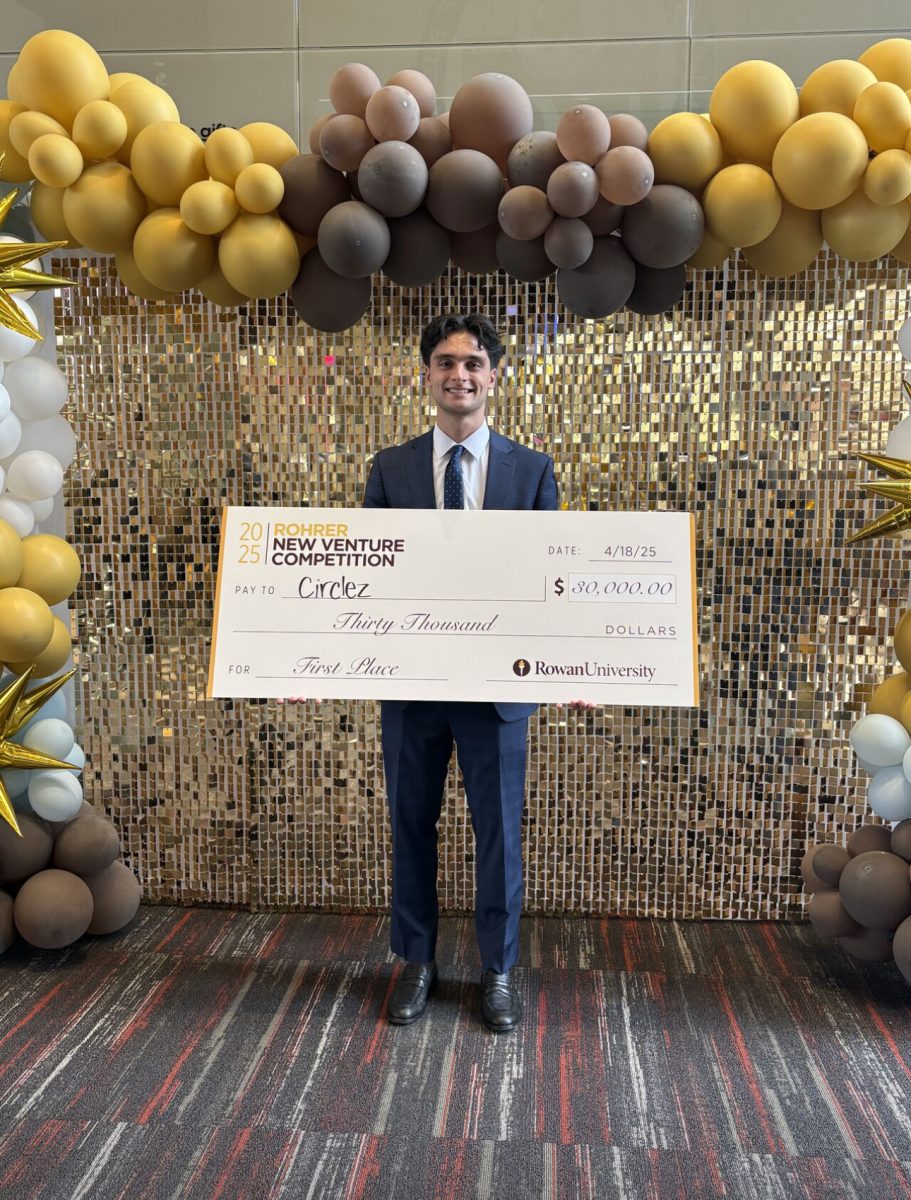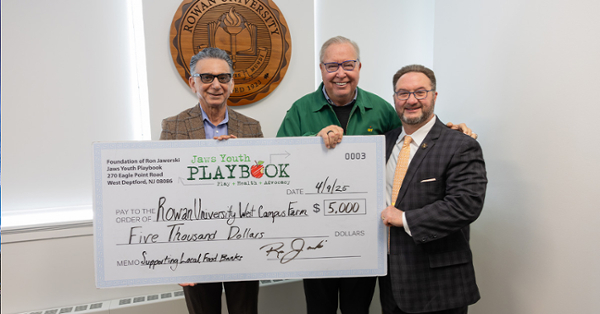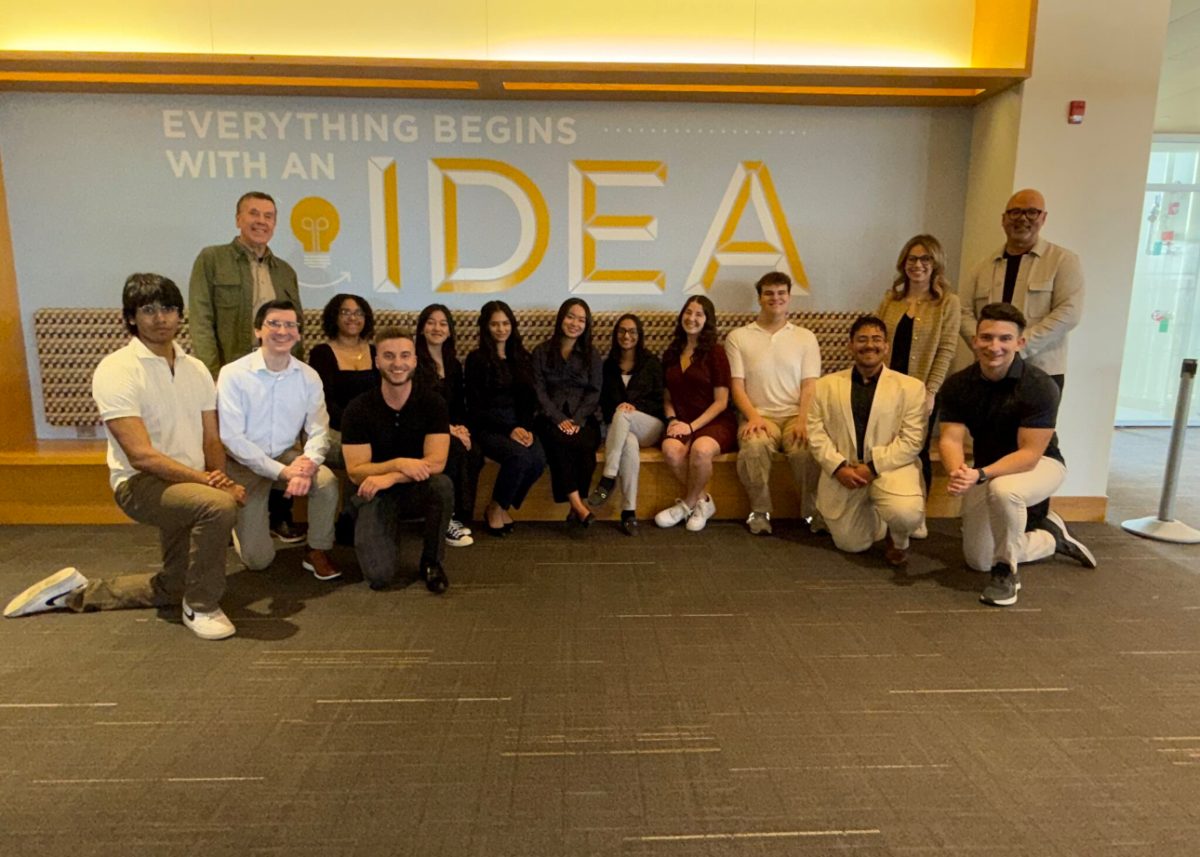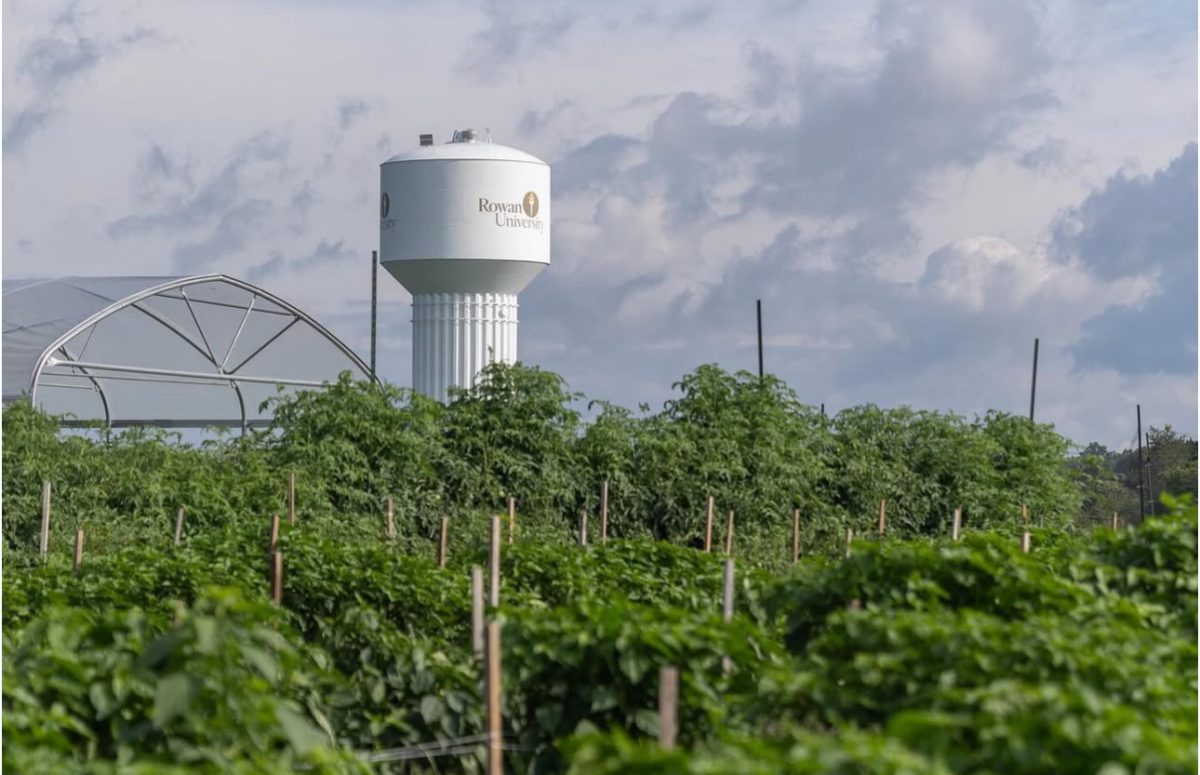A new $350,000 grant from the Environmental Protection Agency (EPA) has provided researchers at Rowan University an opportunity to assist companies in decreasing their carbon footprint and to help local businesses develop pollution prevention practices.
Rowan will use the EPA-funded grant to target the life cycle of fluorinated compounds, which are man-made chemicals that contain fluorine, contributing to climate change by emitting tons of heat into the atmosphere. This has the potential to warm the atmosphere thousands of times more than carbon dioxide.
In the EPA press release, the university is looking to work with a local electric utility and chemical manufacturer, as well as using previous research conducted by the Electric Power Research Institute.
The university plans to use this past research to achieve its goal of finding an effective pollution prevention plan that will reduce greenhouse gas emissions. They also hope to inspire local businesses to incorporate sustainable practices into their values. This could potentially create more companies to follow towards a greener path.
Larger companies like Nike, are taking into account, how much they contribute to climate change. Slowly, Nike has shifted away from single-use plastics in efforts to reduce waste, by reusing plastics, yarn, and textiles to create their products.
These small steps could make room for positive change. According to a report by the Carbon Disclosure Project, companies play an important role in the impact of climate change, they found that 100 companies have been responsible for 71% of global greenhouse gas emissions since 1998.
If companies, large or small, begin to implement sustainable practices in their daily operations, these numbers could decrease.
Tackling pollution by decreasing carbon emissions is important for people’s health too.
Mahbubur Meenar, Ph.D, Associate Professor in the Department of Geography, Planning, and Sustainability at the School of Earth and Environment, believes that pollution is why so many people encounter serious health conditions.
“For people with preexisting conditions, like asthma or allergies, pollution makes their symptoms worse. Poor air quality is especially harmful to children, older adults, and outdoor workers,” said Meenar. “Indoor air pollution is another major concern.”
He believes that cities could use eco-friendly strategies to reduce pollution by transitioning to cleaner energy sources.
The EPA acknowledges that pollution prevention can be effectively achieved by reducing energy consumption, minimizing material use, and limiting hazardous waste.
Kirti M. Yenkie, Ph.D, is an associate professor and graduate program coordinator for the Department of Chemical Engineering at Rowan, and along with her other colleagues from the Rowan Chemical Engineering team, received one of the first pollution prevention grants under the Bipartisan Infrastructure Law two years ago.
With this grant, they were able to develop ways to prevent pollution before it was created. They worked with a major pharmaceutical company to use less toxic chemicals, carbon emissions, and energy used in manufacturing.
“First, we find industry contacts and discuss their ongoing processes and challenges, which help us learn about their priorities and concerns,” said Dr. Yenkie. “Then, through the development of a short white paper that discusses the research plan or action items, we can start the discussion for collaboration and process improvements for pollution mitigation.”
For this project, the team will be looking at chemicals that are used in power sectors and have a higher global warming potential. The reason to prioritize these chemicals is because once emitted into the atmosphere, they are more likely to warm the planet.
Though the project was just funded, as the press release came out on Nov. 12, it’s currently in the literature review and discussion phase.
Jeffery Kohn is the supervisor of the Pollution Prevention Branch and the Office of Pollution Prevention and Toxics at the EPA. Throughout his time at the EPA, the agency typically gives out $20 million to distribute across the country, every two years.
“The idea is to give money to grantees to document and identify possible pollution prevention best practices,” said Kohn. “…and promote them to others that might benefit from those technologies or approaches.”
Some grantees have worked with smaller businesses like microbreweries to identify sustainable solutions to their pollution prevention, reducing water, and reducing the chemicals they use for cleaning. Glassboro has many local businesses from coffee shops, bookstores, local restaurants, breweries, and much more that could use the guidance to mitigate their carbon footprint.
“What we ask grantees to do is to try to develop those things and spread the word. It may be that it doesn’t result in any amplification with other businesses, but we really value trying to develop new approaches,” said Kohn.
The grant will fund the research over two years and provide the university with the tools to find better alternatives for businesses to decrease their pollution rates.
For comments/questions about this story DM us on Instagram @thewhitatrowan or email [email protected]

























































































































































!["Working with [Dr. Lynch] is always a learning experience for me. She is a treasure,” said Thomas. - Staff Writer / Kacie Scibilia](https://thewhitonline.com/wp-content/uploads/2025/04/choir-1-1200x694.jpg)















































